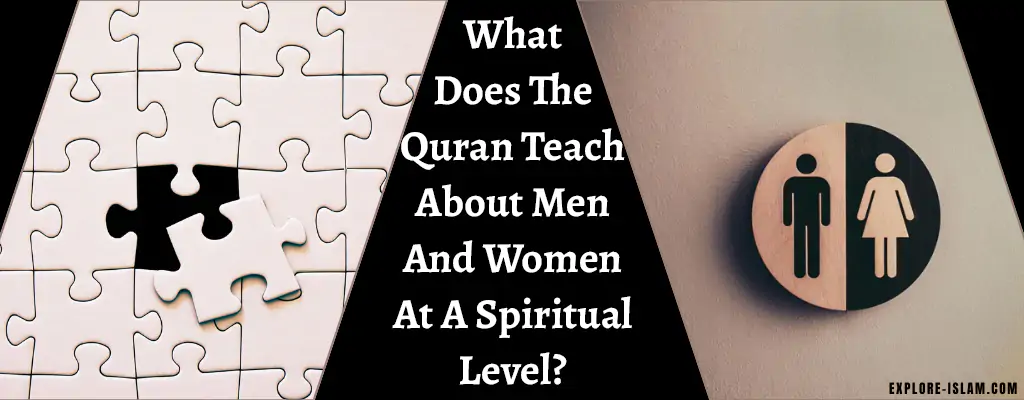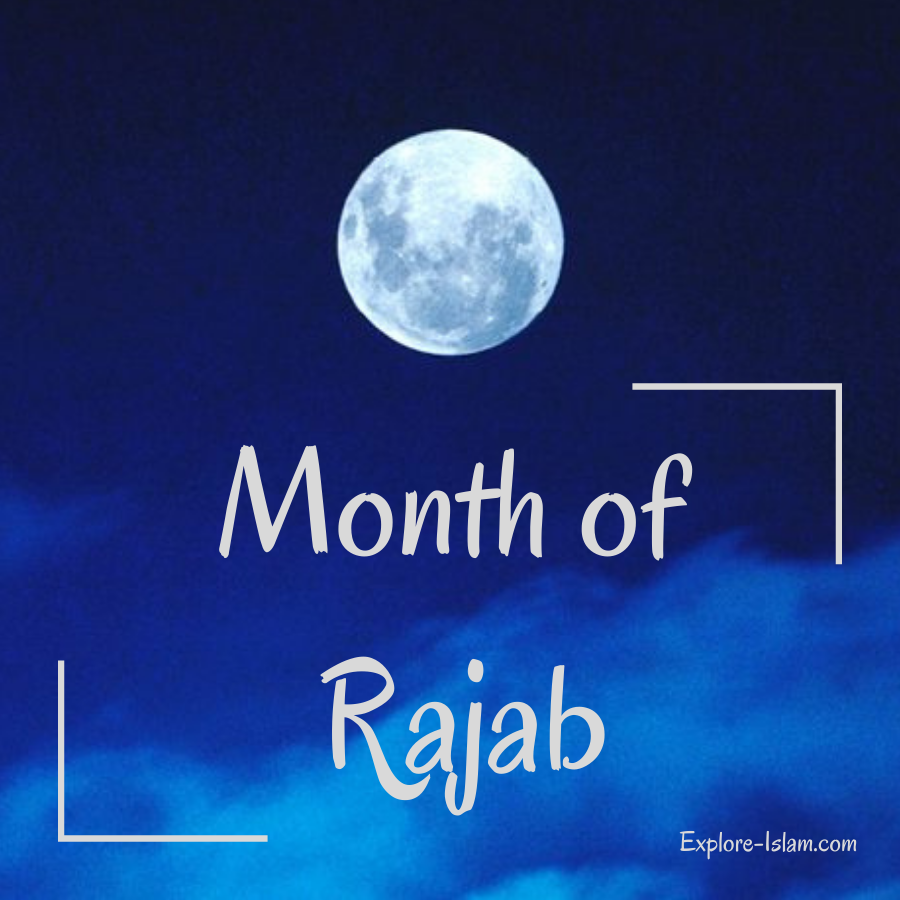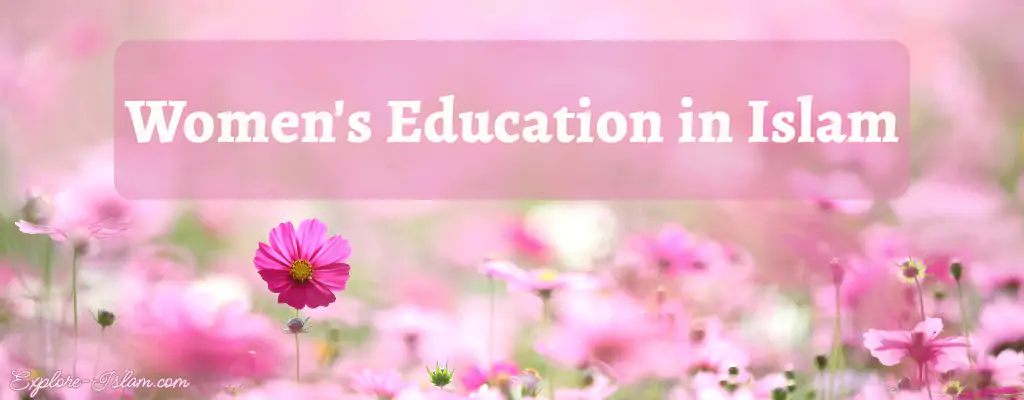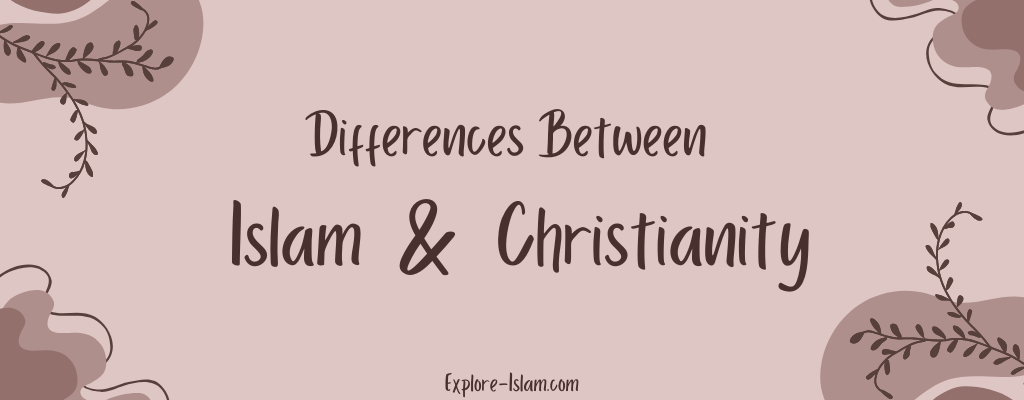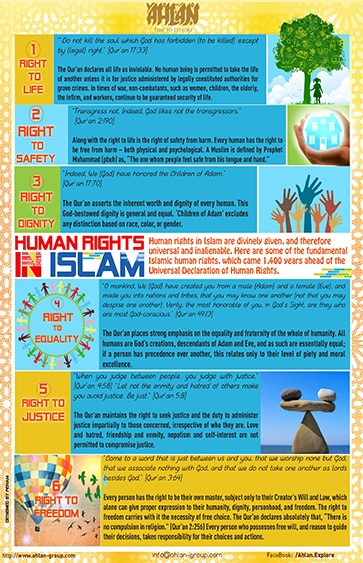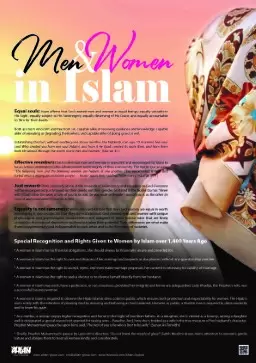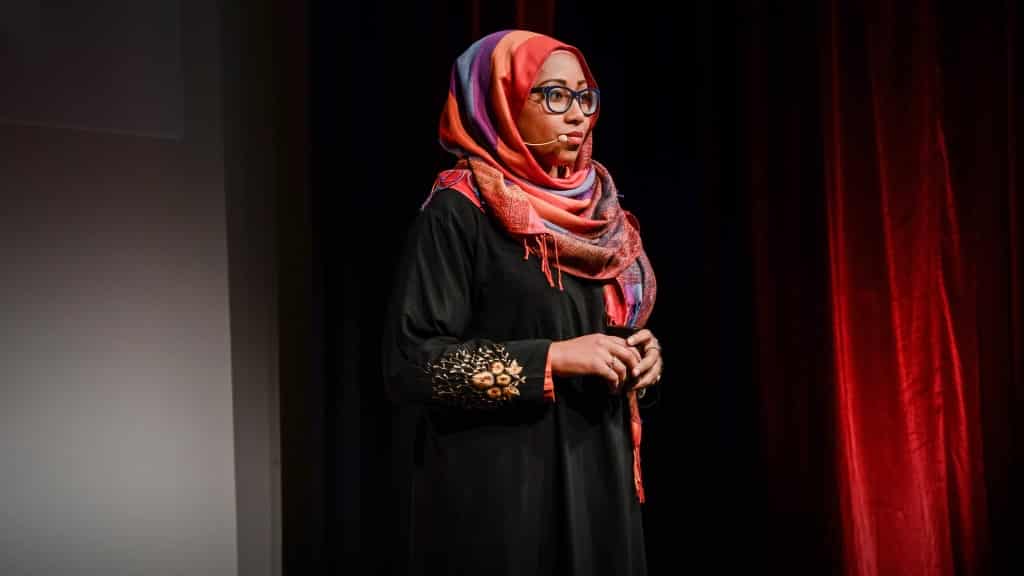Are you curious about what the Quran teaches about men and women at a spiritual level? This article explores this topic by examining 10 Quranic verses that highlight areas of equality between men and women, as well as addressing 2 verses often misunderstood in this context. These overall verses offer valuable insights into the unique Islamic system that organizes relationships and the reward system between men and women, based on justice while acknowledging their differences. Keep reading to gain a deeper understanding!
What Does The Quran Teach About Men And Women At A Spiritual Level?
The Quran affirms that men and women are equal in legislation, divine bounties, and rewards as conveyed in the Islamic message, except in cases where specific roles require distinct instructions due to natural differences. Moreover, Prophet Muhammad (peace be upon him) emphasized this equality, saying:
“Women are the counterparts of men.”
[Sahih: Musnad Ahmad]
Let’s explore the Quranic verses addressing this topic:
1. The Quran Sets the Same Standard for Both Men and Women
Almighty God states in the Quran that the criterion for elevation is righteousness, regardless of gender:
“O humanity! Indeed, We created you from a male and a female, and made you into peoples and tribes so that you may ˹get to˺ know one another. Surely the most noble of you in the sight of Allah is the most righteous among you.”
Read also:
- Who is the real author of the Quran?
- How Islam honors widows
- How Arabs dealt with women before Islam
2. Almighty God Promises Equality in Reward for Males and Females
In response to the supplications of believers, Almighty God promises not to deny anyone—male or female—their reward, as the system of reward is equal for both:
“So their Lord responded to them: ‘I will never deny any of you—male or female—the reward of your deeds. Both are equal in reward.”
This is further emphasized in other Quranic verses:
“Those who do good—whether male or female—and have faith will enter Paradise.”
The equality in reward is also mentioned in Quran 40:40.
Read also: Quranic verses about relationships and marriage in Islam
3. Equality in Reward Extends to This World
The Quran highlights that equality in reward is not limited to the Hereafter but also applies to this worldly life:
“Whoever does good, whether male or female, and is a believer, We will surely bless them with a good life.”
4. The Quran States the Single Origin of Men and Women
The Quran calls on humanity to show mercy and justice towards others. In the opening verse of the chapter on women, Almighty God reminds us:
“O humanity! Be mindful of your Lord Who created you from a single soul, and from it He created its mate, and through both He spread countless men and women.”
This concept of the shared origin of men and women is also mentioned in Quran 7:189 and Quran 39:6.
5. Special Mention of Women Despite General Speech
Although the Quran often uses male pronouns in general speech, as is common in Arabic and other languages, it includes explicit mentions of women alongside men to emphasize their equality.
Umm Salamah, may Allah be pleased with her, once asked the Prophet, “Why is it that we are not mentioned in the Qur’an as men are?” In response, the following verse was revealed:
“Surely ˹for˺ Muslim men and women, believing men and women, devout men and women, truthful men and women… for ˹all of˺ them Allah has prepared forgiveness and a great reward.”
6. Men’s Superiority in Certain Qualities Implies Extra Responsibility
Islamic justice emphasizes that privileges come with responsibilities. Two commonly misunderstood verses highlight the extra responsibilities placed on men toward women:
A. Men have a degree of responsibility towards women
Almighty God states: “But men have a degree (of responsibility) over them.”
This verse indicates that men may have advantages in physical strength, leadership, financial responsibilities, and overall societal roles, which come with corresponding obligations in this life and the Hereafter.
B. Men are caretakers of women out of Allah’s bounties over them
In another verse, Almighty God states extra responsibilities for men toward women accompanied by mentioning His favor over them:
“Men are the caretakers of women, with [the bounties] God has given to some more than others and with what they spend out of their own money.”
Here, Almighty God states that men are tasked with supporting women financially out of God’s bounties over them.
Read more:
7. Different Roles Do Not Contradict Justice in Reward
Almighty God directs men and women to make the best use of their unique capabilities and warns against envying one another:
“And do not crave what Allah has given some of you over others. Men will be rewarded according to their deeds and women ˹equally˺ according to theirs. Rather, ask Allah for His bounties.”
Men earn rewards for working, providing for their families, and ensuring their well-being, while women earn rewards for raising children, supporting their spouses, and maintaining a stable household. Both genders are equally rewarded for acts of worship, good morals, and ethical behavior.
Read more:
- Interfaith marriage in Islam: what is allowed and what is not!
- Women’s Shares of Inheritance in Islam
- Are Muslims allowed to date?
Conclusion
To conclude, the Quran teaches that both men and women originate from a single soul and share the same reward system despite their different roles in life. Every man and woman should seize the opportunities available to them to earn Almighty God’s satisfaction and achieve ultimate, eternal happiness.
Curious to learn more about women in Islam? Explore these articles and feel free to share your thoughts and questions with our team. We are available 24/7 to assist with any queries!

